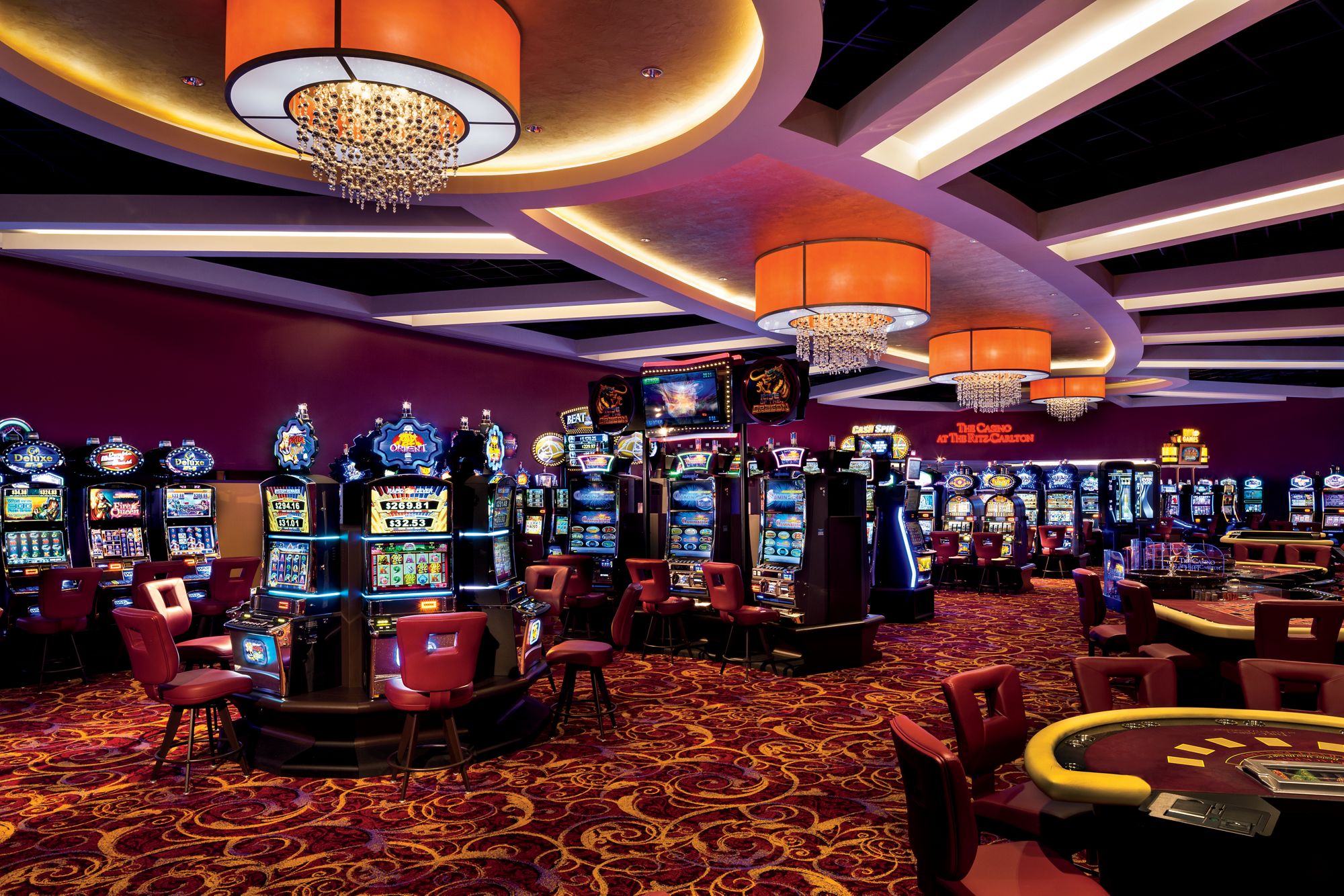In the vibrant realm of gambling halls, in which the atmosphere pulses with enthusiasm and the clinking of tokens fills the space, the role of a dealer is both essential and fascinating. Every day, these skilled professionals step into a world where fortune and tactics intertwine, guiding players through the highs and lows of their chosen casino games. From card games like 21 and texas hold ’em to the revolving wheels of roulette, dealers facilitate the gameplay while making sure that each game operates smoothly and fairly.
As the day breaks on another hectic day, a casino dealer prepares to dive in this vibrant environment. Their responsibilities extend beyond just distributing cards or spinning a wheel; they are also entertainers, customer service representatives, and keepers of the game regulations. Each shift brings new challenges and experiences, making every day unique in the life of a dealer. This behind-the-scenes look will explore the day-to-day operations of a casino dealer, showcasing the skills and experiences that make this profession both exciting and fulfilling. jun88 phiên bản 2
The Role of a Casino Game Dealer
A casino game croupier is at the core of the gambling experience, managing the progress of the game while ensuring that players are involved and entertained. Their main responsibility is to oversee the game, which involves dealing cards, rotating the wheel, or managing the chips, depending on the game being played. Croupiers must have a thorough understanding of the rules and guidelines governing each type of game, while also upholding a friendly and welcoming demeanor to improve the gambling atmosphere.
In addition to overseeing the gameplay, croupiers must also monitor on the players and the surroundings around the game. This entails monitoring for any indications of cheating, making sure that everyone is adhering to the rules, and resolving any disputes that may arise among players. Strong communication skills are vital, as dealers often provide explanations about the rules and mechanics and give assistance to those who may be novice to gambling games.
Furthermore, a dealer’s role extends past just the mechanical aspects of the game. They play a crucial part in creating an enjoyable experience for the players. This requires building a rapport with patrons, being sensitive to their wants, and often adding an aspect of entertainment into the game. It’s this mix of skill, alertness, and interpersonal relationship that makes the position of a casino game dealer both challenging and rewarding in the dynamic world of gambling games.
Responsibilities and Challenges in Daily Operations
One of the key responsibilities of a dealer in a casino is to oversee the multiple games offered at their table, making sure a smooth and pleasant experience for players. Dealers must be proficient at distributing cards, counting chips, and maintaining the continuity of the game. This requires a sharp understanding of the rules of each game, from blackjack to roulette, and the ability to answer players’ questions while maintaining the game moving. Attention to precision is essential, as dealers must monitor bets, disburse winnings accurately, and watch for any cheating or discrepancies at the table.

In addition to managing the game itself, dealers face challenges such as managing difficult players. The casino environment can be high-pressure, particularly during high-stakes games, and a dealer must remain calm and professional at all times. They need robust interpersonal skills to navigate interactions with players who may be frustrated about losses or dissatisfied with the game’s speed. Handling these situations delicately is crucial in ensuring a friendly atmosphere on the casino floor.
Another significant responsibility is upholding the integrity of the game. Dealers must be vigilant and attentive, watching for any signs of player cooperation or cheating among players. This involves not only a strong knowledge of the games but also an awareness of player psychology. They must also follow the casino’s regulations and procedures, taking part in regular training sessions to stay informed on rules and protocols. Balancing these responsibilities while providing top-notch customer service is what makes the role both difficult and fulfilling for a casino game dealer.
Qualities and Skills for Success
A proficient casino game dealer must have superior communication skills. This includes merely the ability to clearly explain game rules and procedures to gamblers but also the capacity to engage with them in a approachable and professional manner. Fostering rapport with customers can enhance the gaming experience and inspire repeat visits to the casino. Strong communication enables dealers to manage tables seamlessly while ensuring that players feel valued.
Additionally, solid mathematical skills are essential for a dealer. Quick math are often required to follow bets, payouts, and game outcomes in real-time. A dealer’s ability to perform these calculations accurately and swiftly contributes to the overall efficiency of the game. This skill helps in maintaining the flow of play and in minimizing disputes or misunderstandings with players, which is crucial in a rapid casino environment.
Lastly, an ideal casino game dealer should exhibit integrity and professionalism at all times. Trust is a crucial component of the gaming experience, and players must feel confident that the games are conducted honestly and openly. A dealer’s dedication to upholding high ethical standards fosters a friendly atmosphere at the table and enhances the casino’s image. Being dependable in behavior ensures that dealers leave a lasting impression on guests, which can lead to a dedicated customer base.